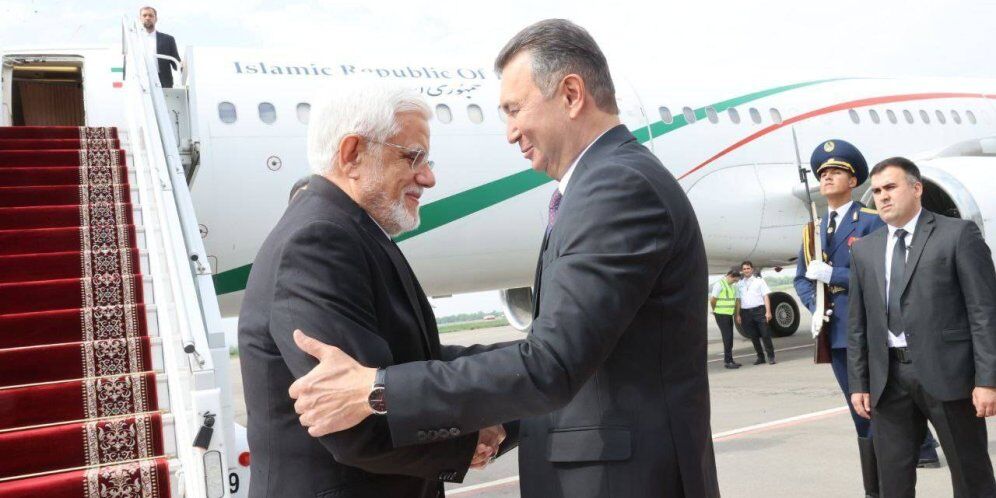
Similar Posts
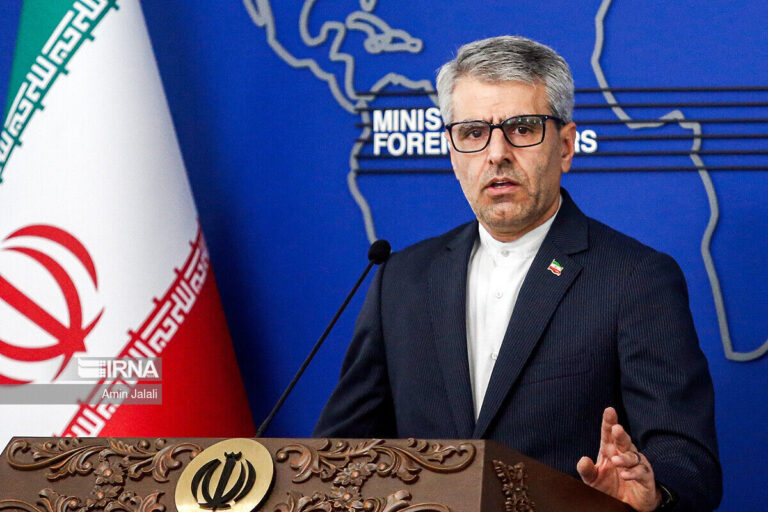
Iran Keeps a Close Eye on Netanyahu’s Washington Visit: Implications for Regional Stability
Iranian Foreign Ministry spokesman Esmail Baghaei expressed vigilance regarding Israeli Prime Minister Benjamin Netanyahu’s recent Washington visit, citing concerns over regional stability and Palestine. During a press conference, he outlined Iran’s focus on monitoring the implications of Israeli developments, emphasizing cultural ties during Foreign Minister Abbas Araghchi’s visit to Kabul. Baghaei affirmed Iran’s support for a Syrian government reflecting the people’s will and criticized Sweden for deporting prayer leader Mohsen Hakim Elahi. He also condemned ongoing violence in Gaza and called for international accountability, while indicating Iran’s willingness to negotiate sanctions if beneficial for its interests.
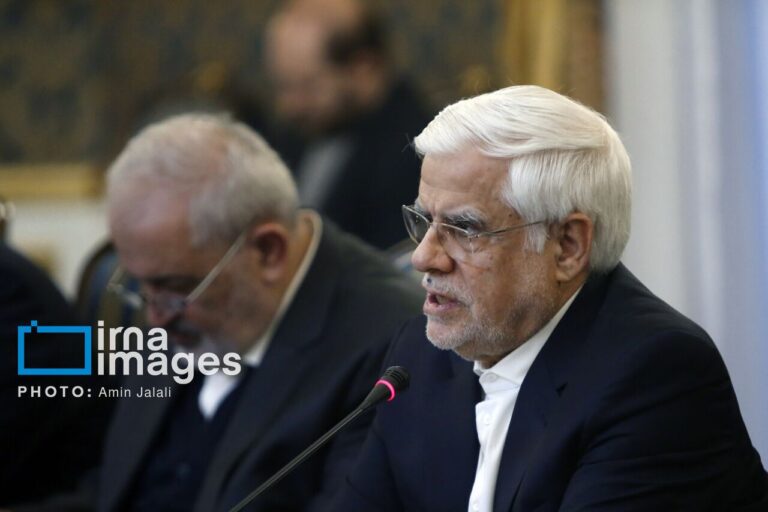
Iran and Tajikistan Strengthen Political Bonds: Vice President Declares Relations at Their Best
Iran and Tajikistan are bolstering their political and economic relations, with Iran’s First Vice President, Mohammad Reza Aref, emphasizing the partnership’s potential during a meeting with Tajikistan’s Prime Minister, Qaher Rasulzoda, in Tehran. Aref noted that their political ties are currently at their “best shape” and highlighted the meeting’s focus on strengthening bilateral relations and participating in the Third Caspian Sea Economic Conference. Both leaders expressed optimism about future cooperation, referencing recent agreements from Iranian President Masoud Pezeshkian’s visit to Tajikistan as a foundation for enhancing economic collaboration, promising mutual benefits for both nations.
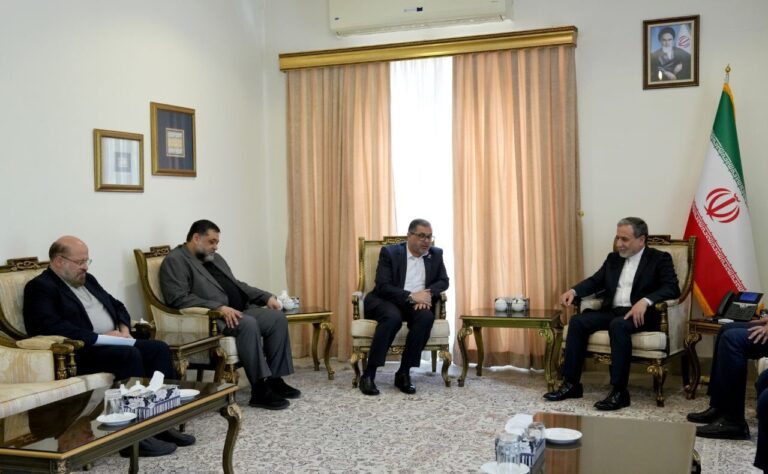
Araqchi Meets Hamas Delegation to Address Escalating Israeli Violations
Iranian Foreign Minister Abbas Araqchi met with former Gaza Health Minister Basem Naim and Hamas politburo member Osama Hamdan to discuss the escalating crisis in Palestine, particularly the rise in Israeli offenses in Gaza. Araqchi criticized Israeli and American ceasefire proposals for neglecting Palestinian rights. Key points included Iran’s commitment to supporting Palestinian resistance, the dire humanitarian crisis in Gaza, and Naim’s assertion that residents would continue their struggle for justice. The meeting underscored calls for international action to address the humanitarian situation and pressure Israel to stop its actions in Gaza.
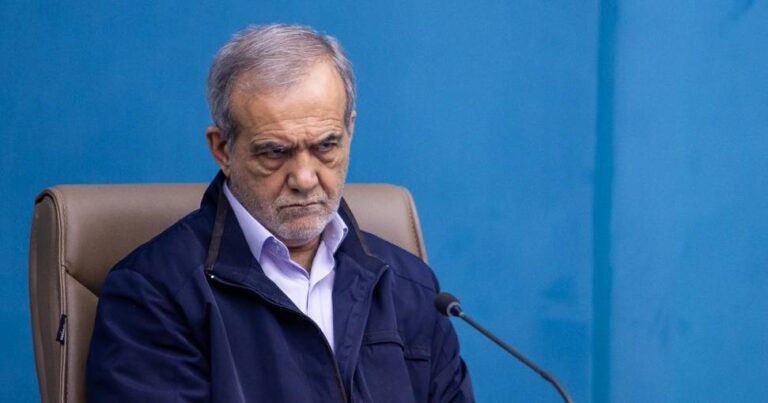
Iran’s Government Ground to a Halt: Critics Blame Policy Deadlocks
The enforcement of Iran’s new hijab law and internet censorship has created challenges for President Masoud Pezeshkian’s administration, highlighting tensions between reformists and hardliners. Centrist Ali Rajaei expressed concern over the lack of progress in foreign relations and cultural policies, emphasizing that public success is measured by the government’s handling of hijab enforcement and internet filtering. Many Iranians feel their livelihoods have not improved, while Vice President Ghaempanah noted that 60% oppose internet restrictions. Critics, including commentator Abbas Abdi, question Pezeshkian’s ability to fulfill electoral promises, suggesting that the government may need to reconsider its approach amid public discontent.
UNHCR Praises Iran as a Beacon for Hosting Foreign Nationals
Iran is being highlighted as a model for refugee treatment by Raouf Mazou, the Assistant High Commissioner for Refugees at the UN. In a meeting with Khorasan Razavi’s governor, Mazou praised Iran’s unique approach, where refugees live alongside local citizens rather than in camps. This inclusivity improves the well-being of displaced individuals. Key aspects of Iran’s refugee policies include a historical commitment to providing refuge, inclusive policies in protection, education, and healthcare, and its status as a host for a large Afghan refugee population. Mazou advocates for global recognition of Iran’s humanitarian efforts, emphasizing the positive impact on refugees’ lives.
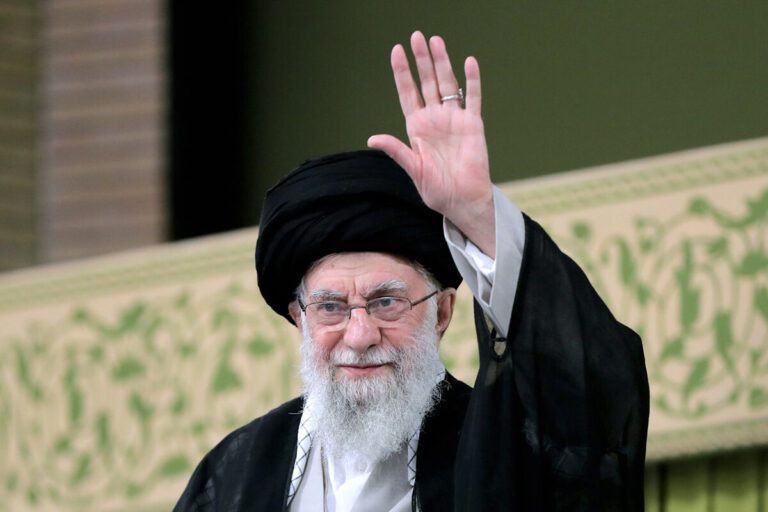
Endless Resistance: Ayatollah Khamenei’s Powerful Message to Hezbollah Leaders’ Mourners
During the funeral of Hezbollah leaders Sayyed Hassan Nasrallah and his successor Sayyed Hashem Safieddine in Beirut, a message from Ayatollah Seyyed Ali Khamenei emphasized their legacy of resistance against oppression. Khamenei praised Nasrallah as a “great mujahid” whose spirit would inspire future generations. He reaffirmed the commitment to resist oppression until ultimate victory is achieved. Following Nasrallah’s assassination in an Israeli airstrike last September and Safieddine’s subsequent appointment and killing, Khamenei’s delegation attended the ceremony, underscoring the significance of their leadership in the region’s resistance narrative.